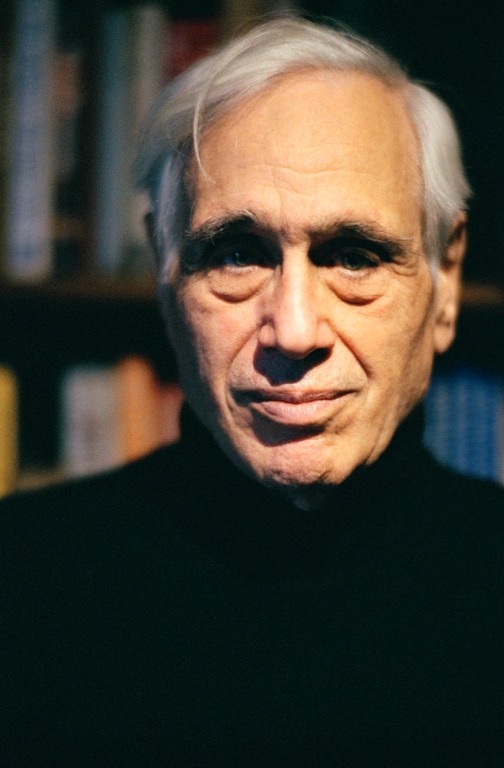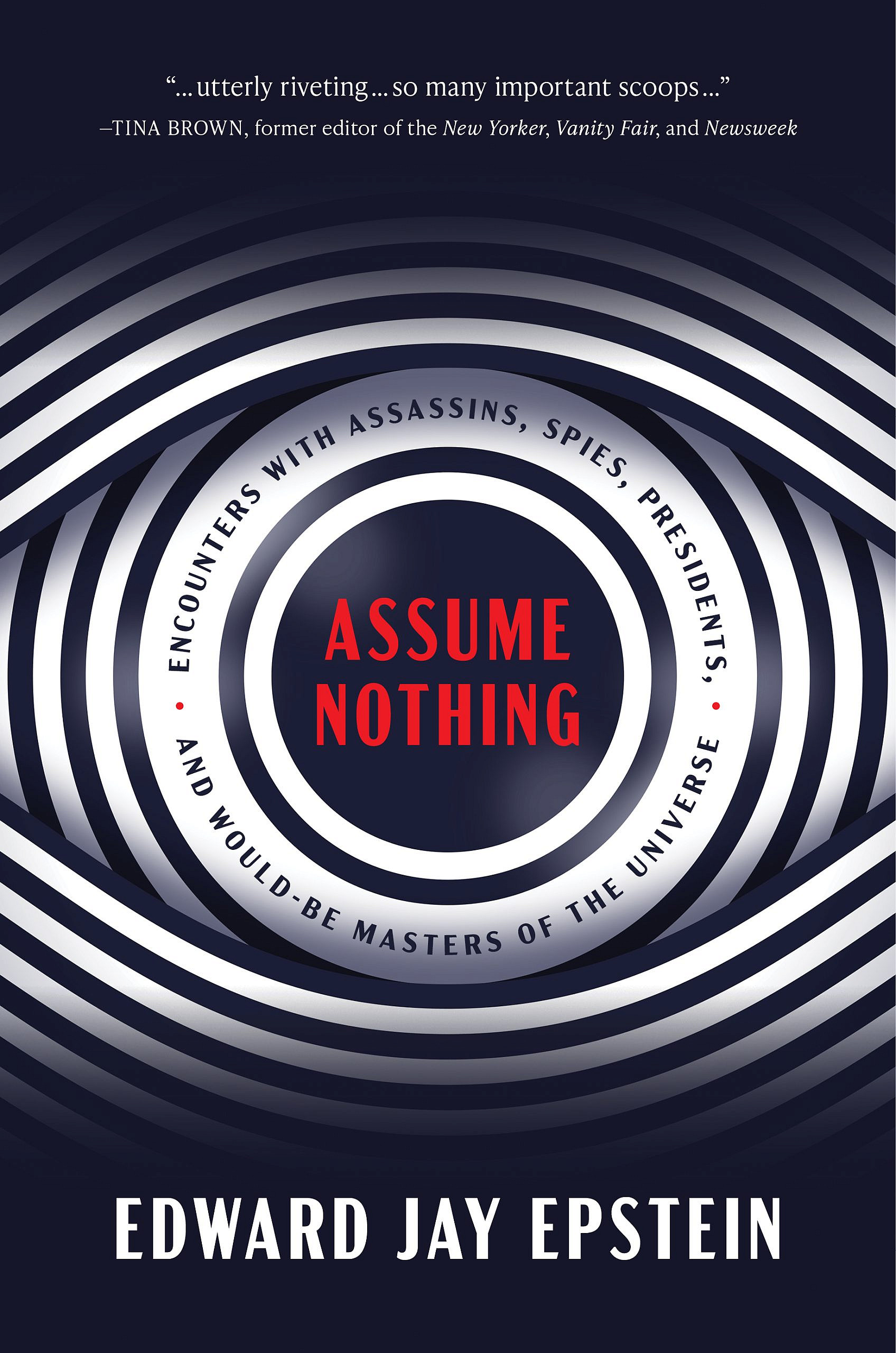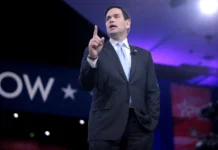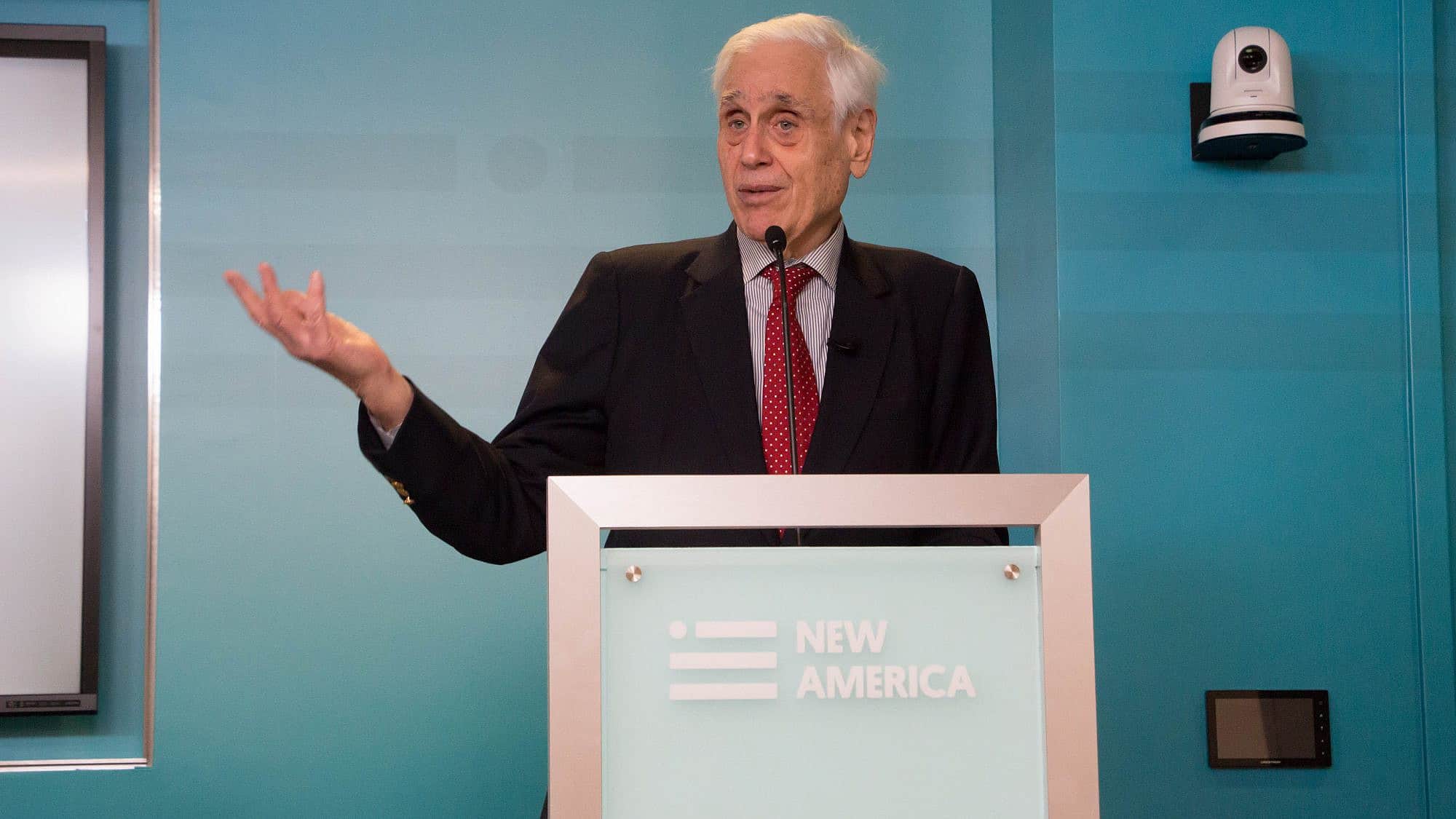Investigative journalist Edward Jay Epstein has spent time over the decades with spies, international criminals, globe-trotting billionaires and world leaders, including former President Richard Nixon and U.S. statesman Henry Kissinger. He has penned more than a dozen books on topics ranging from Jewish petroleum executive Armand Hammer’s collaboration with the Soviet Union to the economics of how money is made in Hollywood—and by whom.
Epstein, whose memoir Assume Nothing was published in March, told JNS in an hour-long interview that he has made a career of “challenging conventional wisdom.”
He did that initially in his 1966 book Inquest, which he began as an undergraduate at Cornell University and which raised questions about the President’s Commission on the Assassination of President (John F.) Kennedy.
“It is probably fair to say that Inquest is the first book to throw open to serious question—in the minds of thinking people—the findings of the Warren Commission,” Eliot Fremont-Smith wrote in The New York Times. “It does so not as an outraged polemic, convincing only to the already convinced, but as a sober, scholarly case study of how an extraordinary government commission goes about its work.”
The Warren Commission is the subject of several chapters in the new memoir.
Epstein holds a bachelor’s degree from Cornell University and a Ph.D. from Harvard University. He has taught at MIT and UCLA, and worked at The New Yorker.
The journalist told JNS about his Jewish ancestry; his experiences with Benjamin Netanyahu (who wasn’t yet the Israeli prime minister); his perspectives on the Middle East; and offered some advice for young writers. He also detailed his youth and career, as well as “encounters on the dark side” with certain malevolent figures, such as Jeffrey Epstein (no relation).
‘Thoroughly Jewish’
Epstein, 87, told JNS that both of his parents had “Russian Jewish extraction from the city of Minsk,” which was then part of Russia and now the capital of Belarus. His maternal grandfather came to New York penniless in the 1880s and sold pencils before going into the fruit-cart business. He “made a lot of money, and then owned all of Washington and Beach Street, where they had a part of the fruit market,” Epstein said.
In the book, he explained that he was born to “well-to-do Jewish parents.” His father worked in the fur trade, and his mother was a sculptor.
Epstein told JNS that he was 6 years old when his father, “who was called Levinson,” died. His mother married Louis Epstein, “who also was Jewish and came from the same area of Russia,” he said. “So my origins are thoroughly Jewish, Sephardic Jewish.”
When Epstein, who said that he did not excel in school, sought to go to Cornell University, his stepfather apparently called in a favor from another one of the other 60 Jewish businessmen who founded a country club, when they were barred from other clubs.

“My stepfather’s connection was Morris Ginsburg, another founding member. His son Martin, an ace golfer, was at Cornell, and at his father’s request, vouched for me with the dean of admission. Favors like this were not uncommon at the golf club,” Epstein wrote in the book. “Indeed, they were the coin of the realm there.”
“Soon after I was admitted, I thanked Martin, whose fiancée at the time, Ruth Bader, went on to become a Supreme Court justice and a friend of my mother’s at the country club,” he continued.
Epstein grew up in a Reform, assimilated Jewish home. The family “went to shul on the High Holidays, but not otherwise,” he said. After his bar mitzvah, there was a “big reception,” to which all of his stepfather’s big customers were invited.
“It was a big celebration, and I learned a little Hebrew,” he told JNS. “After that, there was very little effect of Judaism on me.”
Long walks with Netanyahu
Epstein mentioned a meeting with Netanyahu in Israel in passing in the book. Netanyahu, then Israel’s deputy prime minister, described the “machinations of Israeli politics” during a two-hour walk along Jerusalem’s walls.
The two met in New York City in the 1980s, when Netanyahu was representing Israel at the United Nations, Epstein told JNS. The two started taking long walks together at that time, he said.
When Epstein went to Israel in 1991 with the Jewish billionaire Sir James “Jimmy” Goldsmith, the two lunched with Netanyahu at an Arab restaurant. “Then, you know, we saw him the whole trip,” Epstein told JNS, calling Netanyahu “charming, intelligent, lucid and very thoughtful.”

On that walk around Jerusalem, “Netanyahu went into the politics of Israel, politics of America and gave his whole view of why Israel was important to America,” Epstein said. “The picture of Israel as an innovative, imaginative, determined country very resolute and very determined to succeed as a nation was certainly reinforced by the long walk with Netanyahu.”
More than 30 years later, Epstein told JNS that “Netanyahu has evolved into an institution, especially to the Israel diaspora. He evokes today an image of a strong, wily action-oriented [leader] on the international stage.”
Middle East intrigue
Broadly, Epstein has found that intelligence agencies conduct espionage, including advancing their own moles and identifying those of their enemies. But since they are by nature secret organizations, “they can also be used for other things, such as sabotage, assassination and disinformation,” he told JNS.
Epstein, who spent time at the home of the late convicted sex offender Jeffrey Epstein, wrote that the latter had many photos of the Saudi Crown Prince Mohammed bin Salman (MBS) and United Arab Emirates President Mohamed bin Zayed Al Nahyan (MBZ) on the walls.
The journalist told JNS that the convicted criminal had planned to move to Saudi Arabia. “That’s where the money is,” Epstein said. “Jeffrey—he might have had his side interest in women or perversion—but his main interest was basically money, and he said he had planned to buy a house in Riyadh.”
Jeffrey Epstein told him that the Emirati leader created the Saudi one and was “the real power in the Gulf,” Epstein told JNS. “And Jeffrey said he was friends with him.”
“Jeffrey thought that he was going to do a huge business in helping the royal families of Saudi Arabia and the Emirates hide their money, so if there were any revolutions, regime changes, coups, they would have money hidden abroad,” he said. “That was his specialty.”
‘It’s a gamble’
Epstein the writer said that he considers himself fortunate that when he was getting started in journalism, the pushback with which he had to contend, including charges of disloyalty in the years after the death of Sen. Joe McCarthy (R-Wis.), “was nothing” compared to woke culture of the past several years.
“Because of cancel culture and woke culture, it’s almost impossible to write anything that challenges conventional wisdom today,” he said. “If we do, it’s a gamble.”
He discouraged young people from pursuing a career in his chosen profession: investigative journalism.
“It would be very hard to become us,” he said of Seymour “Sy” Hersh, Jeff Gerth and himself. And very few positions at newspapers and on television shows are “a small window to shoot for.”
“I wouldn’t make a career out of challenging things that people believe,” he told JNS. “I think it’s not something I would recommend someone to do.”
“Of course, you can do investigative journalism as long as you’re inside of the accepted wisdom,” he said. If former President Donald Trump “is considered to be a criminal, you can investigate him. But you can’t investigate and challenge the boundaries.”


























